Artificial intelligence (AI) has revolutionized crypto trading by enabling sophisticated algorithms and automation. Here’s a comprehensive look at how AI is used in crypto trading:
Algorithms in Crypto Trading
Machine Learning: AI algorithms use historical price data to learn patterns and trends. Machine learning models can identify trading signals and make predictions about future price movements.
Sentiment Analysis: AI can analyze social media, news articles, and other textual data to gauge market sentiment. This sentiment analysis helps traders understand market psychology and make informed decisions.
Pattern Recognition: AI algorithms can identify complex chart patterns and technical indicators more efficiently than humans. This capability aids in generating buy or sell signals based on specific patterns.
Risk Management: AI algorithms can dynamically adjust trading parameters based on market conditions to optimize risk-reward ratios. This includes position sizing, stop-loss levels, and portfolio rebalancing.
Automation in Crypto Trading
Execution of Trades: AI-powered trading bots can execute trades automatically based on predefined criteria and signals generated by algorithms. This reduces manual intervention and ensures trades are executed swiftly.
24/7 Trading: Unlike human traders, AI-driven systems can operate continuously without the need for breaks. This allows for round-the-clock monitoring of markets and execution of trades.
Backtesting Strategies: AI facilitates backtesting of trading strategies using historical data. This process helps optimize strategies by evaluating performance under different market conditions.
Arbitrage Opportunities: AI algorithms can identify arbitrage opportunities across multiple exchanges in real-time. This enables traders to capitalize on price differences and generate profits.
Advantages of AI in Crypto Trading
Speed and Efficiency: AI-driven systems can process vast amounts of data and execute trades at high speeds, reducing latency and slippage.
Emotion-Free Trading: AI eliminates emotional biases and makes decisions based purely on data and predefined rules. This reduces the impact of human psychology on trading outcomes.
Adaptability: AI algorithms can adapt to changing market conditions and learn from new data, continuously improving their performance over time.
Scalability: AI-powered trading systems can handle large volumes of trades and monitor multiple assets simultaneously, making them scalable for institutional use.
Challenges and Risks
Data Quality: AI performance heavily relies on the quality and diversity of data. Poor-quality or biased data can lead to suboptimal trading decisions.
Overfitting: Machine learning models can overfit to historical data, performing well in backtests but poorly in live markets due to changing conditions.
Regulatory Concerns: The use of AI in trading may raise regulatory questions related to market manipulation, fairness, and transparency.
Conclusion
AI has transformed crypto trading by leveraging advanced algorithms and automation. It enables traders to analyze data, identify patterns, execute trades, and manage risks more efficiently. While AI offers significant advantages, it’s essential to address challenges related to data quality, model robustness, and regulatory compliance to realize its full potential in crypto trading. As technology continues to evolve, AI-driven strategies are expected to play an increasingly prominent role in financial markets.
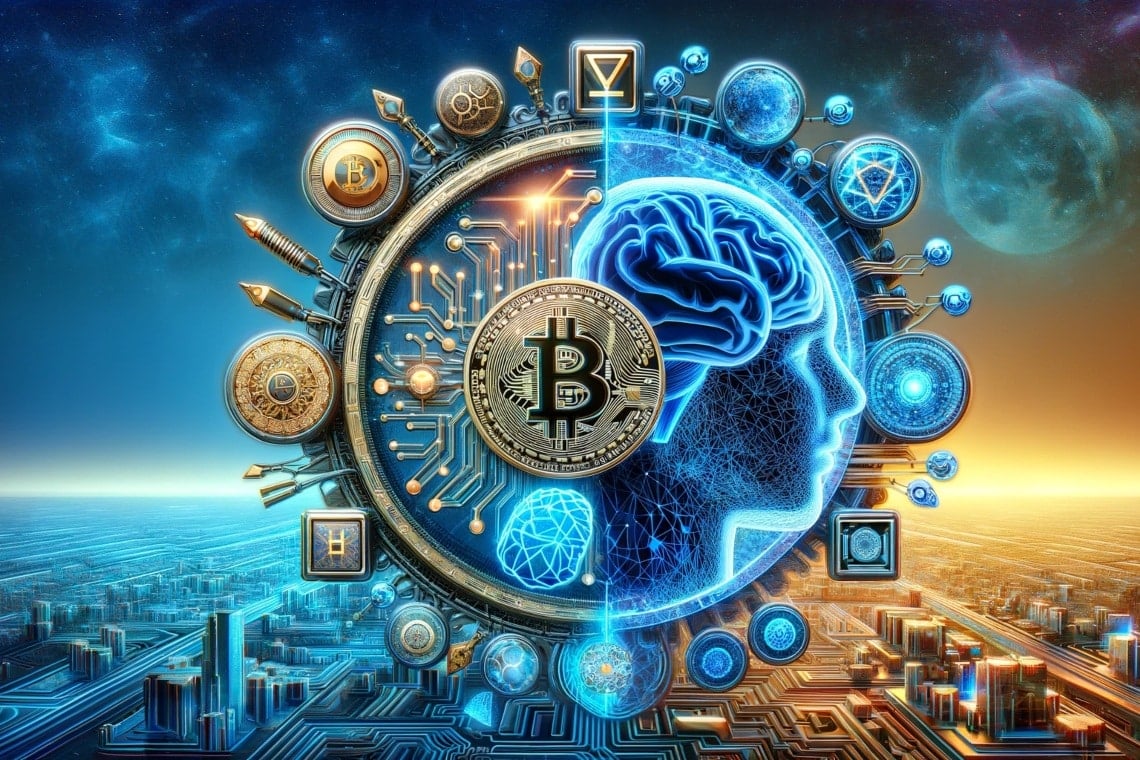


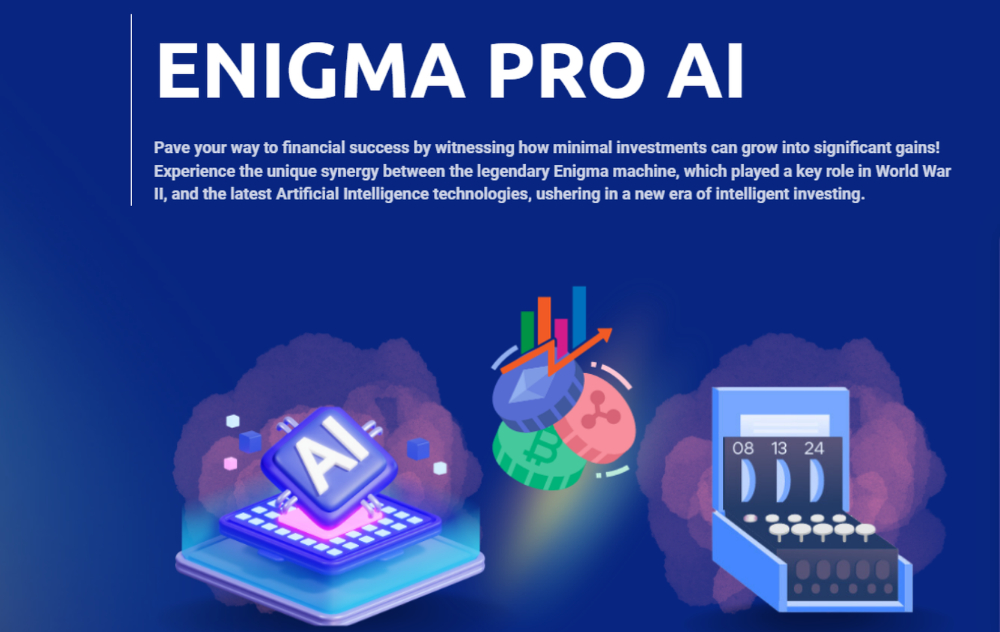
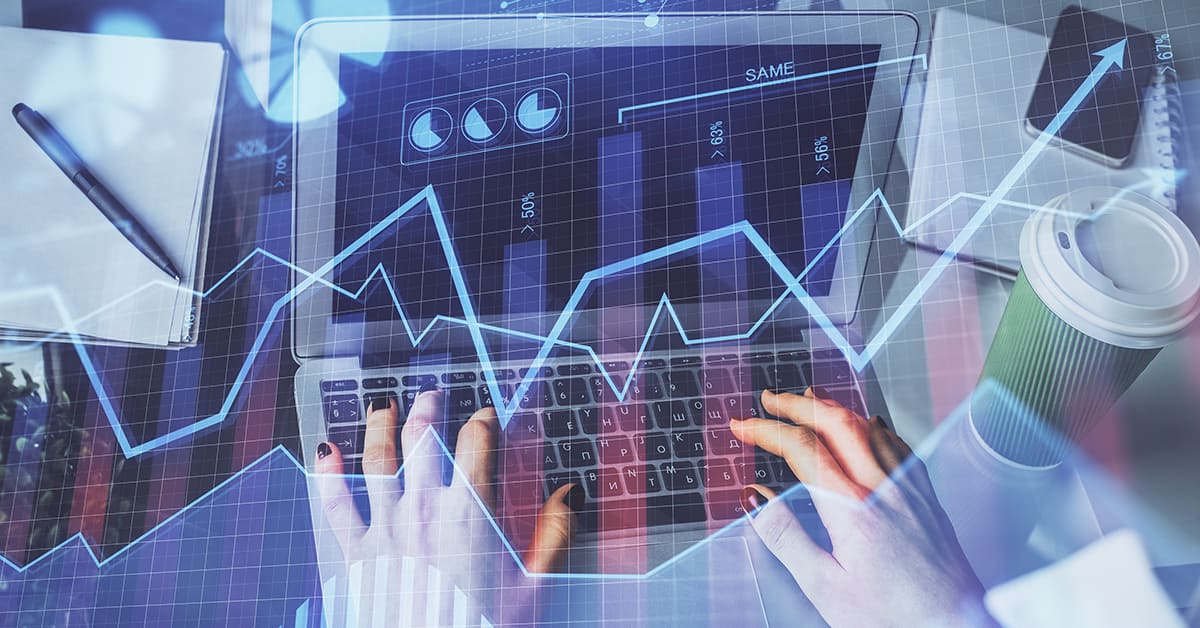
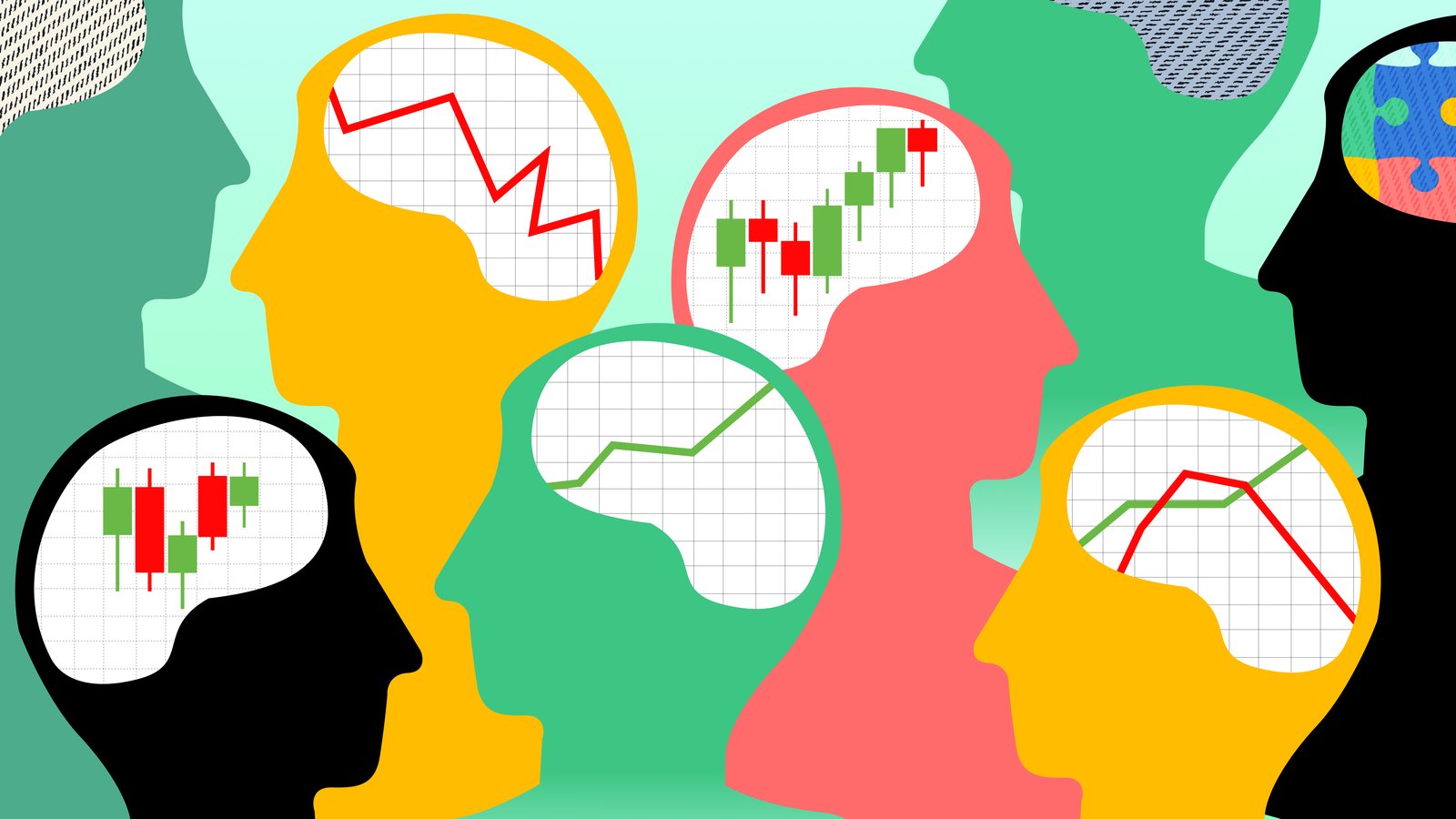

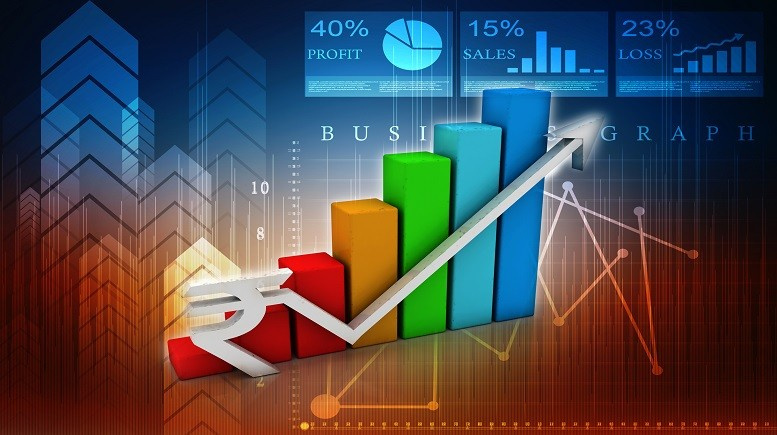


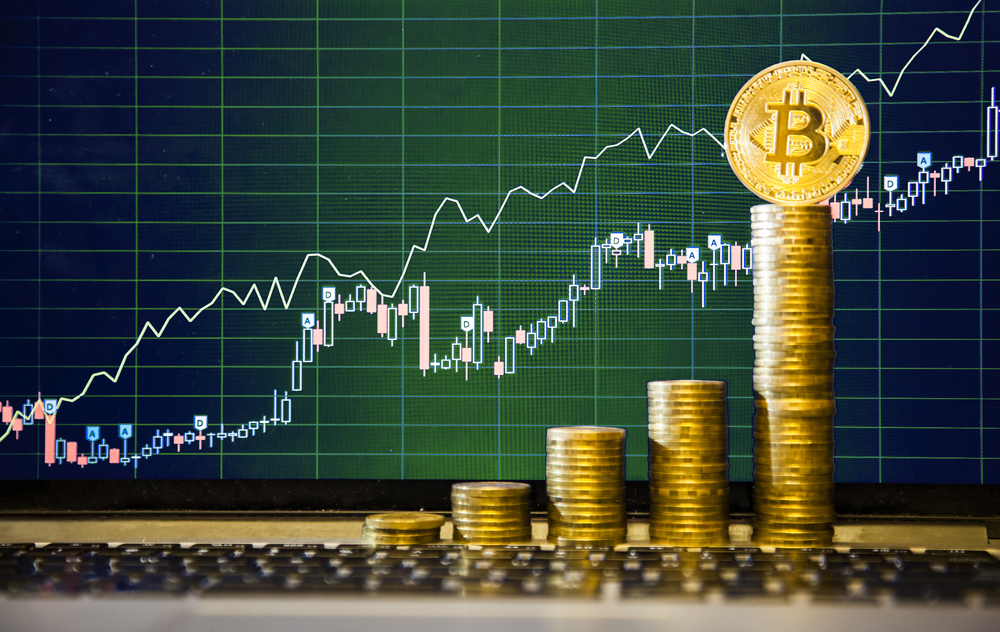

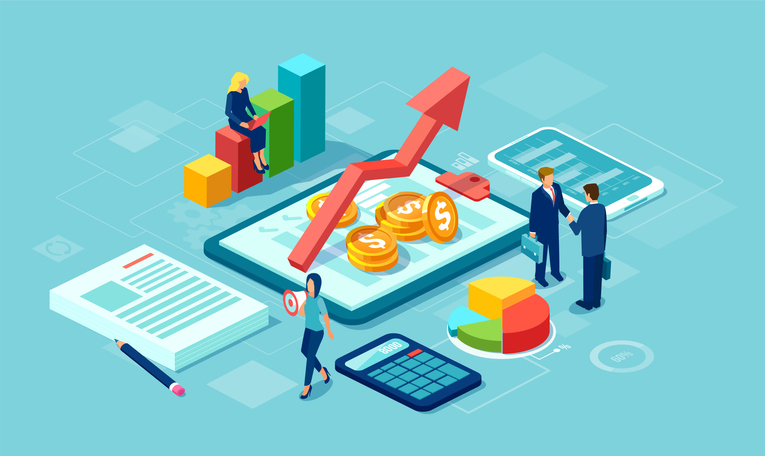
+ There are no comments
Add yours